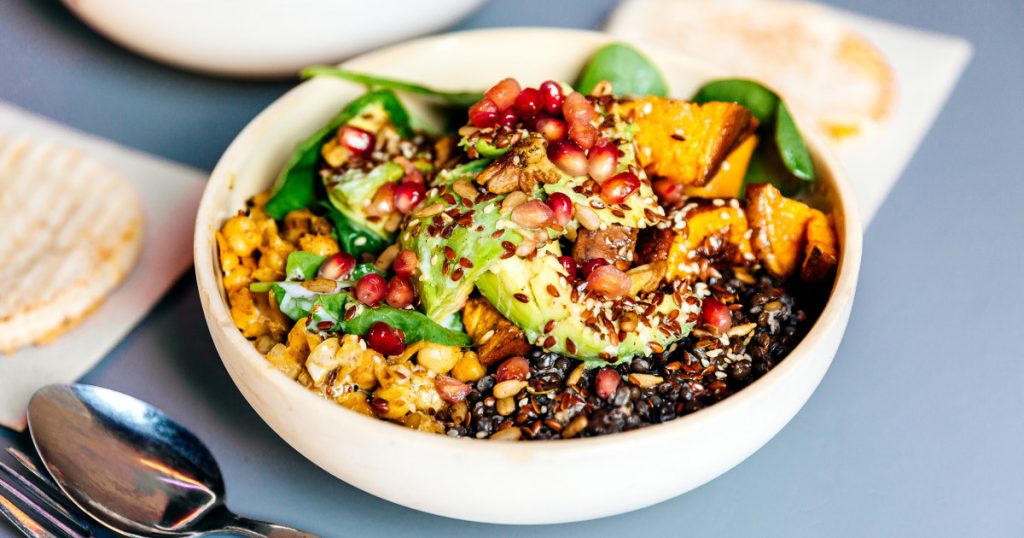The Flexitarian diet is a semi-vegetarian diet that encourages a plant-forward approach without completely eliminating meat, dairy, eggs, or seafood from your diet. Created by registered dietitian-nutritionist Dawn Jackson Blatner, the Flexitarian diet is known for its flexibility, making it easier to maintain healthy eating habits in the long term. The diet allows you to gradually increase your intake of plant-based foods while still enjoying animal-based foods in moderation. This approach is family- and group-friendly, appealing to both plant-based eaters and meat lovers.
In order to follow a Flexitarian diet, you will need to focus on consuming mostly vegetables, fruits, nuts, seeds, beans, legumes, and whole grains. Animal-based foods like meat, dairy, butter, eggs, and seafood should be consumed in smaller amounts, serving more as a side dish rather than the main course. Research shows that increasing the consumption of plant-based foods and reducing animal products and processed foods can protect against chronic illnesses and improve overall health. The diet offers a variety of health benefits such as protecting brain health, assisting in weight loss or maintenance, reducing the risk of Type 2 diabetes and cardiovascular problems, boosting mental well-being, and lengthening lifespan.
Other benefits of following a Flexitarian diet include feeling full for longer, boosting productivity, having more energy throughout the day, improved sleep at night, and enhanced immunity. While there may be some challenges in transitioning to a more plant-based diet, such as learning new ways to prep and cook meals and potentially needing to supplement certain nutrients like calcium and B12, these can be overcome with time and effort. A flexible approach to the diet allows you to go at your own pace and enjoy meatless meals as often as you like. The goal is to make plant-based foods the focus of your meals while reducing the consumption of animal-based foods.
To get started with a Flexitarian diet, you can follow a sample meal plan that focuses on adopting a 75% plant-based diet, limiting less healthful foods such as ultraprocessed foods with added sugars and refined grains, while enjoying flavorful and nutritious dishes. Some meal ideas include a sweet potato and black bean breakfast bowl, a chickpea and avocado wrap for lunch, and garlicky pasta with broccoli for dinner. Snacks can include cucumber slices with protein-boosted guacamole and a cherry chia cobbler. By incorporating more plant-based foods into your diet and reducing animal products, you can experience a wide range of health benefits while making a positive impact on the environment.













